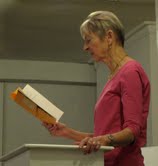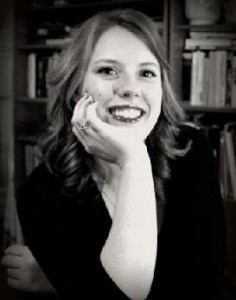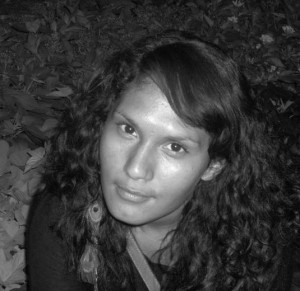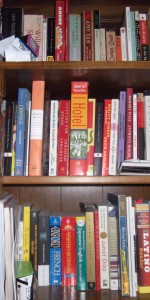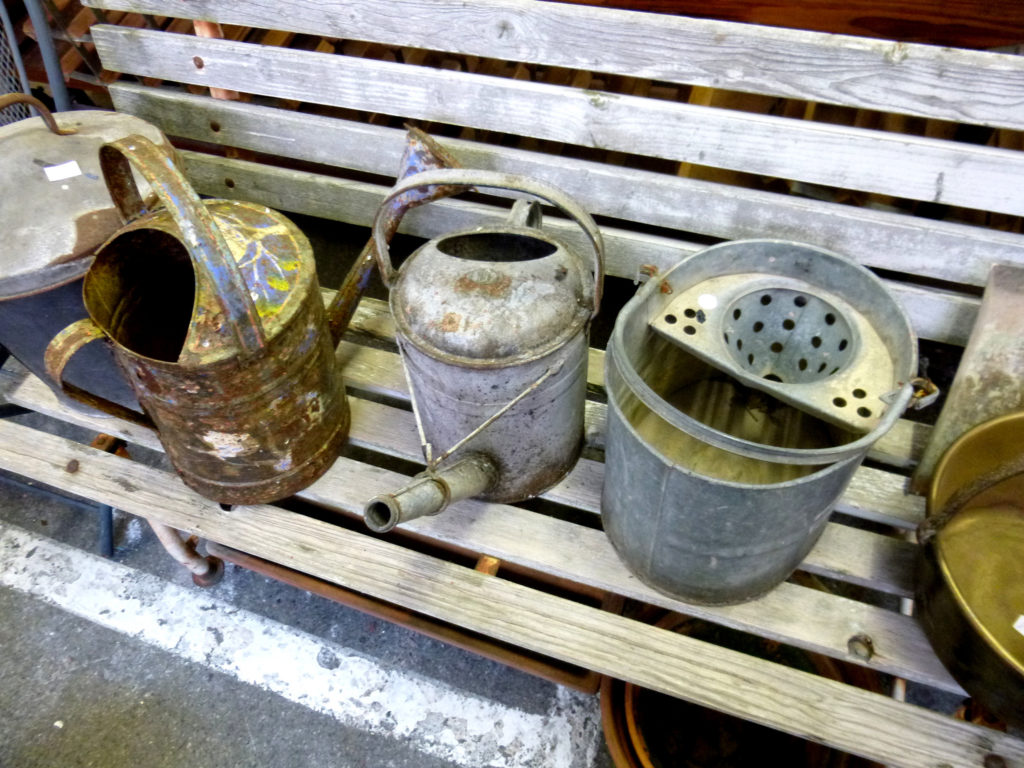
Recently a friend showed me the pleasure that can be had in not knowing something. Something a younger and far less patient version of myself would have been very insistent about “knowing.”
My friend’s name is Dean, and we were standing in his kitchen sharing a meal of barbecue and potato salad when the subject of our parents came up. “God bless America,” he said (what Dean means when he says “God bless America” is “by the grace of God”). Then he added, “my mother saved me. I love her. She’s gone now but I carry her with me all the time.” In that hour at the dinner table we spoke about our mothers. We shared their strengths and resilience and the blessings they’d brought into our lives — how they might have been aloof or maybe drank a lot or beaten us or shamed us, but were still our mothers and therefore part of us.
Later, when Dean said good night, I saw an old man of French and Cherokee descent who’d led a tough and volatile life, but also a deeply fulfilling one. And he ended our conversation with a word or phrase in an unfamiliar tongue that sounded beautiful to me. “Oh-shee-tay, my friend,” he said as he shook my hand. “And you will never find out what that means, because my father made me swear never to tell anybody, just like his father before him, and his father before that.”
This of course greatly roused my indignation. And my imagination. And because I’m a writer, and it’s my nature to get swept up by language and its myriad hidden treasures, I went to find out what “Oh-shee-tay” meant. I’m now ashamed to admit that I tried to look it up online, and when that yielded nothing, I guilted and begged Dean a little, and when he still wouldn’t tell me, I resorted to eliminating possible meanings by carefully noting down the context every time he said it. I didn’t get far. The most I was able to gather was that it did not mean “f*ck you” or “go to hell.”
Mystified, I found myself driven progressively deeper into a place of search and puzzlement — which, looking back, I now suspect was the kernel of a lesson I think Dean was trying, consciously or not, to impart to me. And the lesson I found in that deep dark forest of not-knowing was that language at its richest, contrary to the uses civilization would have for it, wants one thing more than anything: to be relational more than rational.
I bring this up because we live in a time of distancing, due in no small part to how we use or abuse language, and the stories we tell ourselves. Most of us are acquainted through essays like Orwell’s “Politics and the English Language” with the corrosive effects of language on public opinion and social freedom when we don’t pay enough attention. Yet I’d go even further than Orwell to suggest that by naming or needing to name everything that exists in our world, we abstract ourselves from it and thereby impoverish our sense of its possibility. Rather than a genocide in Rwanda because one group dehumanizes another, it’s now about our states of mind. Steeped as we are in a hyper-Cartesian outlook on science and culture, it doesn’t matter whether what we seek is the name of a secret admirer or the suspect responsible for the latest bombing or shooting; our insistence on clarity and certainty has colonized us. Patience, deliberation, and awe and wonder and mystery have all been replaced by a growing feeling of alienation, loneliness, and above all, fear — that we will flunk the exam, not land the plum job, fail in our witch hunt; be on the losing side of a game or an election or a war.
To explain what relational language sounds like, a friend once described to me two possible ways one might give somebody directions to a place. How do you get to Grandpa’s new house? One version of the answer, he said, has us taking a left onto Latona Avenue from 50th Street in Seattle, going three blocks and then looking for the yellow house with the big red door. The relational version would sound something more like, that place where you got your first tattoo? His house is two blocks from there, kitty corner across from the burrito truck where we had breakfast last Saturday. Look for the watering can you gave him, it’ll be just outside the fence.
Why is it useful to think in this way? Because it’s inherently creative and intimate instead of distancing and static. The one approach favors efficiency and saves us time, but lost in that is our inborn capacity to envision the world as a place of possibility, alive with not one but many stories.
Perhaps this is why I so love the petroglyphs of my southwest desert home, with their wordless multitudes of possible meanings; why my appreciation continues to grow for those who chafe at binary and nondualistic views regarding gender and politics and who choose an infinitely circular way of thinking instead of the tyranny of the linear or the square. One of my favorite short stories by Ursula K. LeGuin, “She Unnames Them,” suggests what can happen when we take the things we love out of their limiting conceptual boxes. How would the world change, LeGuin seems to ask, if we came to understand a dolphin or whale not by the letters that make up its name but by its clicks or songs over the vast distances of an infinite ocean?
William Stafford, in his poem “Cutting Loose”:
Arbitrary, sound comes, a reminder
that a steady center is holding
all else. If you listen, that sound
will tell you where it is…
And could this be what Dean was trying to tell me, in his own way, when he said, “Oh-shee-tay?”


